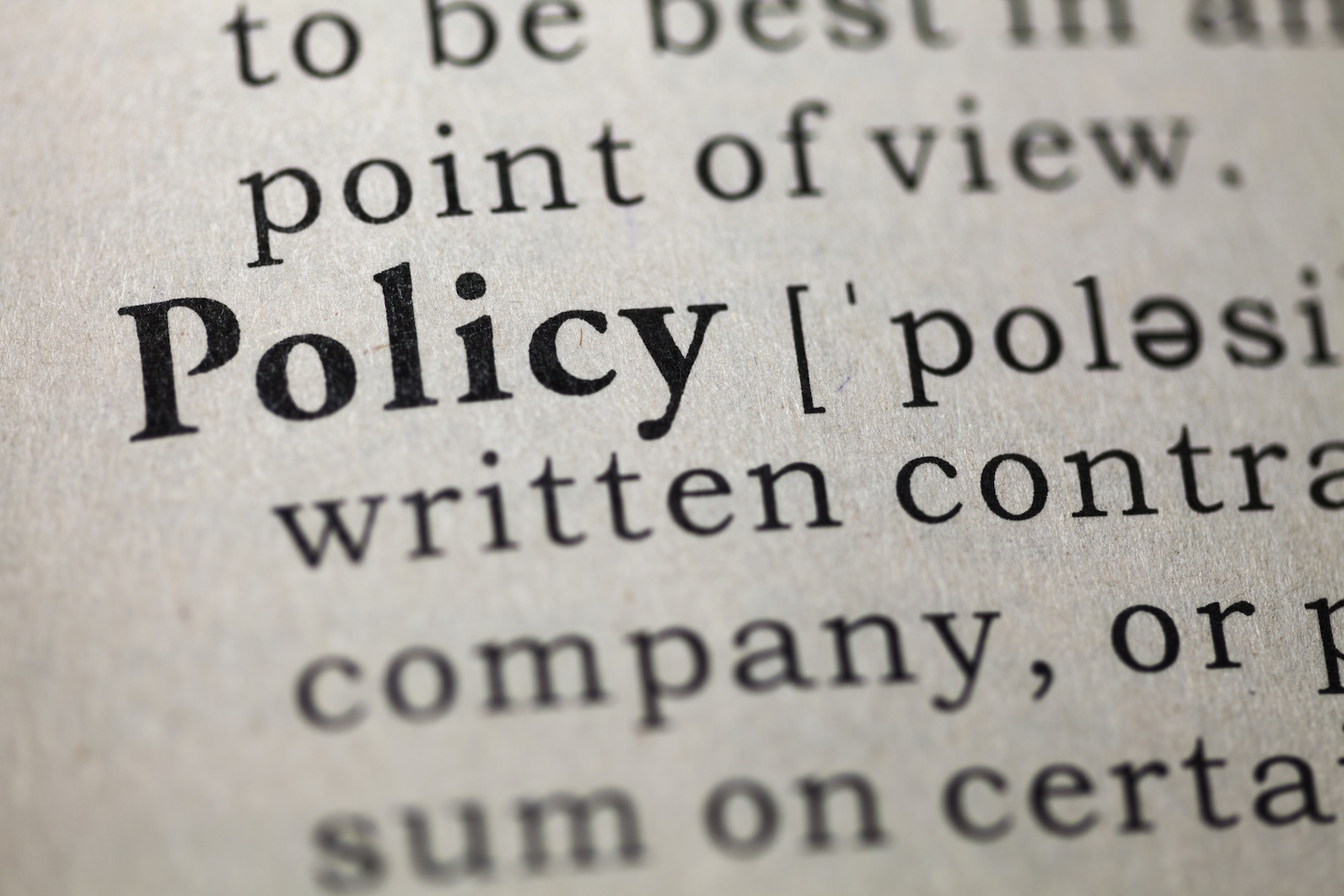BECOME W.I.S.E.R. with Your AI Prompts - A guide for sales managers
Everyone’s wittering on about AI like it’s the second coming. But here’s the rub: if you give it half-baked prompts, you’ll get half-baked answers....
3 min read
 Emily Alexander
Updated on March 31, 2015
Emily Alexander
Updated on March 31, 2015

You can’t be blamed for thinking that your company must have a social media policy. Take one look online and you’ll be convinced that such a document is essential. Sure, if you want to quash any creativity or individuality your employees bring to your organisation, a social media policy is great. But, if you’d rather create a culture of motivated brand ambassadors and an interactive online community, then steer clear.

Most of us have heard the horror stories of business social media gone wrong. But what about how employees’ personal social media use can affect the organisation they work for? Take Justine Sacco, for example, the PR executive at IAC in the US, who tweeted a racist joke to her 170 followers and was consequently fired from her job. Within hours of posting the tweet, Sacco had made headlines around the world and become a top trending topic on Twitter.
While this is an extreme case, it raises the question of whether organisations should have the right to control their employees’ social media use. Almost everyone has an online presence of some sort these days, and businesses are growing concerned about how their employees’ online communications can damage their reputation.
Would a social media policy prevent such events from happening? Though IAC did not have a policy in place at the time, it is unlikely that it would have made much difference to the outcome. What was lacking in this situation was a true understanding of how one person’s interactions online – however innocent or ‘personal’ they may be – can have severe repercussions for both the individual and the employer.
Whether they like it or not, workers are representing their professional life as well as their personal life when they interact on social media. However, if you think implementing a social media policy will guarantee that your employees represent your business exactly how you want, think again. The more restrictions you place on your staff, the less room they have to become real assets to your business’ online reputation. A bird with clipped wings isn’t able to fly, so don’t expect your employees to be able to spread their metaphorical wings if you’ve placed too many obstacles in their way.
Rather than regulate, pool your resources into educating workers about social media best practices and how they can help overall marketing efforts. The nature of social media means it is much more effective to have a training program rather than a stagnant document to guide online behaviour. This will ensure that employees not only know how to avoid social media crises, but more importantly, how using social media can be a valuable business tool that can even increase performance and productivity.
Social media should be just that – social. So, it would only make sense that an employee training program be based on conversation and feedback.
A company that does this well is American shoe retailer, Zappos. Its social media guidelines consist of one sentence: ‘Be real and use your best judgement’. Zappos recognises that there are huge gains to be made from its employees spreading the brand name online, going as far as to encourage workers to include company information on their personal accounts. What’s more, management makes a point of listening to employees’ experiences with what is and isn’t working in the social realm and what customers are saying about the product. Zappos’ employees willingly endorse the company because they are made to feel trusted and empowered.
Of course, as was the case with Sacco, it’s not all fun and games. But this is part of the ongoing education you offer to employees. Remind them that even in their personal lives, they are identified as employees of your business.
It is important to see social media for what it is – an outreach tool. Instead of worrying about what could go wrong, focus on the opportunities it presents for your business. By encouraging employees to engage in social media, your organisation becomes exposed to many more networks, extending its own reach in the process.
A social media policy wouldn’t have saved Sacco, but some education and guidance from her employer certainly would have. So, unless you’re the government, stay away from policy-making, and focus on having ongoing conversations with your team instead. The benefits of having your employees engage in social media far outweigh the dangers of them saying something that they shouldn't.
To find out how social media can impact your revenue, download our free ebook below.
Subscribe to our latest news and updates on HubSpot.

Everyone’s wittering on about AI like it’s the second coming. But here’s the rub: if you give it half-baked prompts, you’ll get half-baked answers....

The business world is falling head over heels for AI—and who can blame it? With promises to reduce grunt work, uncover insights, and turbocharge...

Search is evolving - fast. For two decades, SEO has revolved around Google’s algorithm: keywords, backlinks, metadata, and page speed. But with the...